David Cameron has every right to call this a Christian country
Christianity came to Britain within a century of Jesus’s crucifixion – whatever the humanists might say
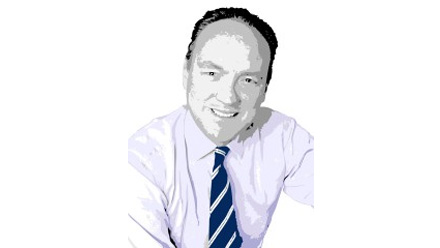
A free daily email with the biggest news stories of the day – and the best features from TheWeek.com
You are now subscribed
Your newsletter sign-up was successful
THE Prime Minister held his annual Easter Reception at Downing Street just before the Bank Holiday where he made a charming and understated speech about the importance of Christianity to both him and his country, reported in full in the Church Times.
Some of it was political, some of it personal, but he came out as a believing member of the Church of England. “I have felt at first hand the healing power of the Church’s pastoral care,” he said; a clear reference to the support and love he and his family received during the short life and tragic death of his disabled son Ivan.
Last week in my column I sought to draw parallels between Cameron and his predecessor during the American Revolutionary War, Lord North. There are many but the saddest of all (which I left out as not relevant) is that both men suffered the death of young children. North was heartbroken by the death of his six-year-old daughter Catherine who drowned in a pond on his country estate. Cameron’s feelings about his late son are well known and made his tribute to the Church genuinely moving.
The Week
Escape your echo chamber. Get the facts behind the news, plus analysis from multiple perspectives.

Sign up for The Week's Free Newsletters
From our morning news briefing to a weekly Good News Newsletter, get the best of The Week delivered directly to your inbox.
From our morning news briefing to a weekly Good News Newsletter, get the best of The Week delivered directly to your inbox.
Cameron made the speech in one of Downing Street’s lovely state reception rooms, but he could have been making a cameo appearance in Richard Curtis’s gentle and affectionate sit-com homage to the established church, The Vicar of Dibley.
Nevertheless, more than 50 prominent supporters of something called the British Humanist Association sent a stroppy letter to the Daily Telegraph saying: “We wish to object to his [Cameron’s] repeated mischaracterising of our country as a ‘Christian country’ and the negative consequences for our politics and society that this view engenders.” The steel ideological hoops of political correctness grip ever tighter.
A couple of stylistic points – only George W Bush can get away with using a word like ‘mischaracterising’. There is no blue pen thick enough to deal with the ghastly ‘engenders’.
Their self-importance comes bouncing off the page: every title, honour or area of expertise lovingly laid out – like the out-of-control committee of a provincial golf club. Some of their qualifications look rather thin: ‘ex-member of the Welsh Assembly’ or ‘stand-up comedian’.
A free daily email with the biggest news stories of the day – and the best features from TheWeek.com
Let me just look briefly at two of the more serious signatories – prominent scientists secure in their atheistic beliefs.
First, the top signature on the letter, Surrey University professor of physics and BBC broadcaster, Jim Al-Khalili, president (no less) of the BHA. Born in Baghdad in the early 1960s he settled in this country aged 19. In the 30 or so years he has lived here he seems to have come to the conclusion that a prime minister supporting (gently) the religion that arrived on these shores within a century of Jesus’s crucifixion (there were Christian soldiers on Hadrian’s Wall in the Second Century AD) is “a wrong thing to do” and part “of a disturbing trend”.
Al-Khalili is of Shia descent and one hopes is even-handed in his atheism. It would be a cowardly act simply to attack Christianity. No doubt he is bold in telling his former co-religionists of their errors -which makes him a brave man: in most Muslim countries and no doubt these days parts of the UK many people believe that to abandon Islam for atheism is a very serious matter indeed.
Second, Sir Harold Kroto, FRS, Nobel Prize Winner, Professor of Chemistry. A clever man with a Nobel Prize for some extraordinary achievement to do with molecules that I am too dim to understand. He clearly feels he has a superior insight into the human condition as a result.
Peering down a microscope, Kroto seems to have grandly concluded that we all originate from a meaningless primordial soup - yet seems to lack any sense of his own origins.
His parents came to England to escape the Nazi persecution and eventual mass murder of Germany’s Jewish population. A man who owes his very existence to both the tolerance of 1930s Britain and its military defiance in the 1940s should have a gentler view of its Christian heritage and character – if not from conviction, simply from good manners.
At the top of the BHA’s website is a mission statement by the devoutly atheist philosopher AC Grayling, which includes a glamour piccie of the great man – gorgeously long wavy grey hair coiffeured like a 1970s air hostess.
“Our lives,” he says, “are less than a thousand months long and to make the best of it we need to have fun, form strong friendships and make the best of the gifts we have.”
Fifty years of studying philosophy, most of it at the taxpayers’ expense, and the meaning of life sounds like a swingers’ charter.
Give me the Sermon on the Mount any day.
-
 Political cartoons for February 15
Political cartoons for February 15Cartoons Sunday's political cartoons include political ventriloquism, Europe in the middle, and more
-
 The broken water companies failing England and Wales
The broken water companies failing England and WalesExplainer With rising bills, deteriorating river health and a lack of investment, regulators face an uphill battle to stabilise the industry
-
 A thrilling foodie city in northern Japan
A thrilling foodie city in northern JapanThe Week Recommends The food scene here is ‘unspoilt’ and ‘fun’
-
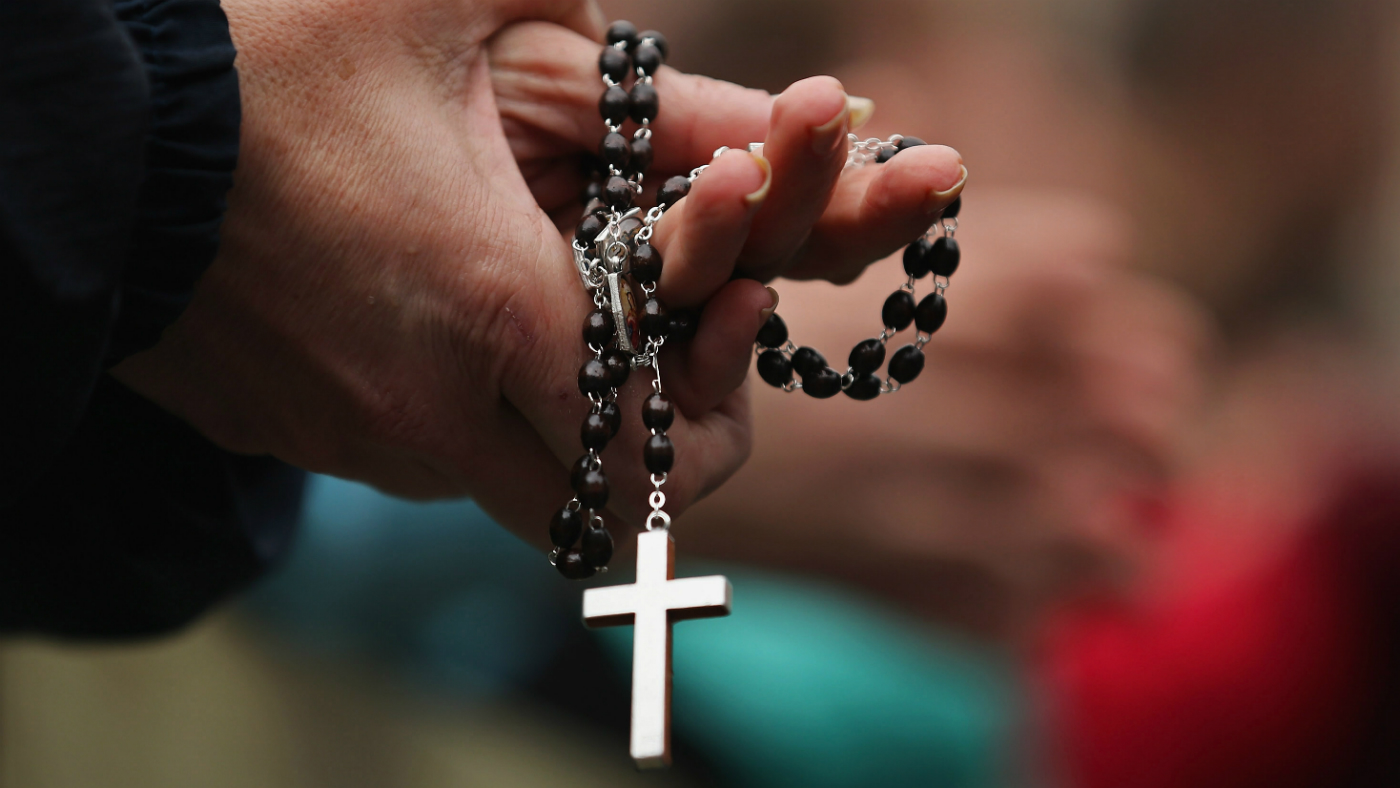 Exorcists ‘may be helping’ the Devil
Exorcists ‘may be helping’ the Devilfeature And other stories from the stranger side of life
-
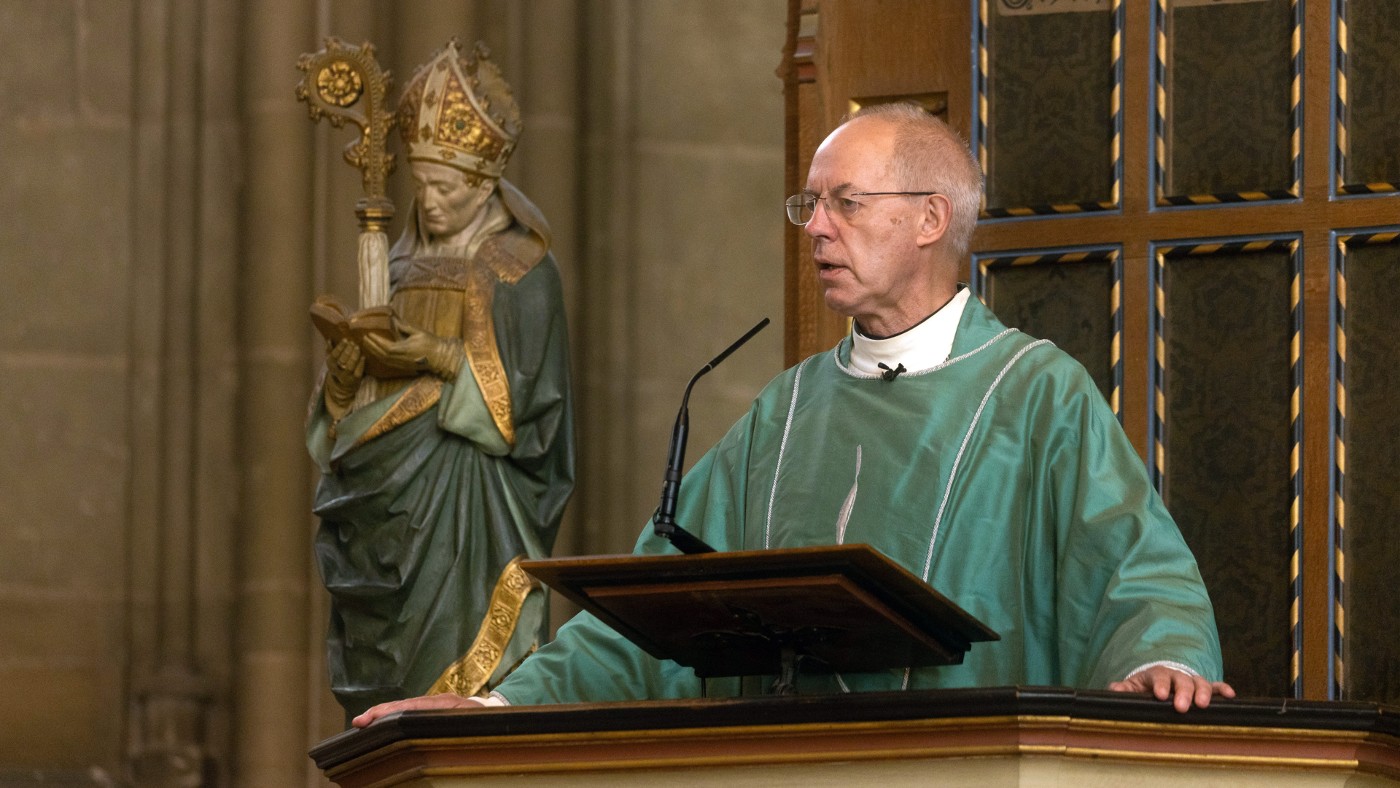 The power the Church of England has in the UK
The power the Church of England has in the UKfeature Critics have questioned the relevancy of the Church’s influence in schools and politics
-
 The Week Unwrapped: Shareholder power, Serbian threats and Anglican angst
The Week Unwrapped: Shareholder power, Serbian threats and Anglican angstpodcast Do investors have more power than they realise? Is Bosnia on the verge of breaking up? And who will choose the next Archbishop of Canterbury?
-
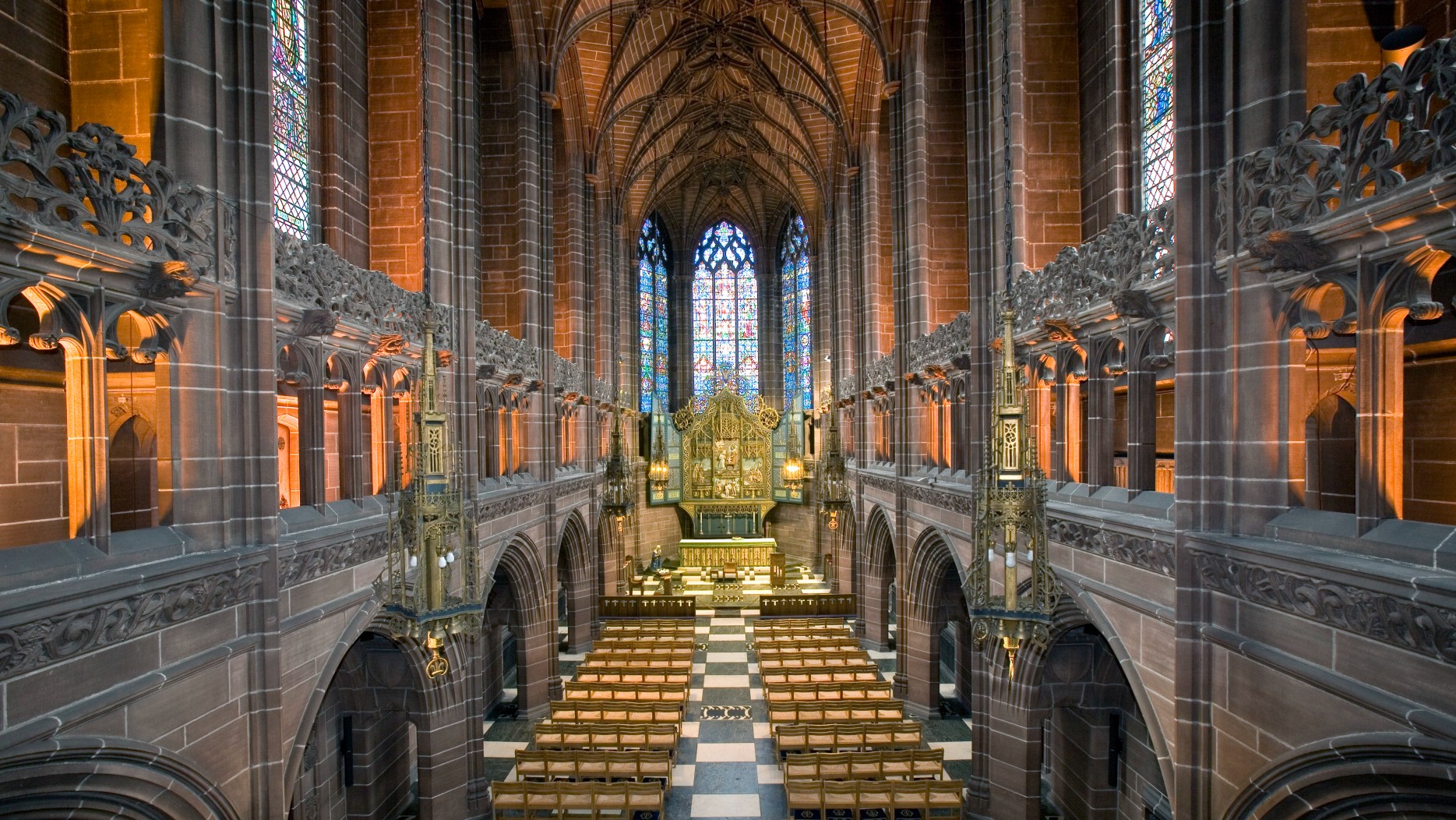 ‘Pray to stay’: Church of England facing questions over asylum seeker conversions
‘Pray to stay’: Church of England facing questions over asylum seeker conversionsIn the Spotlight Tory MP vows to launch investigation into apparent ‘loophole’ in system
-
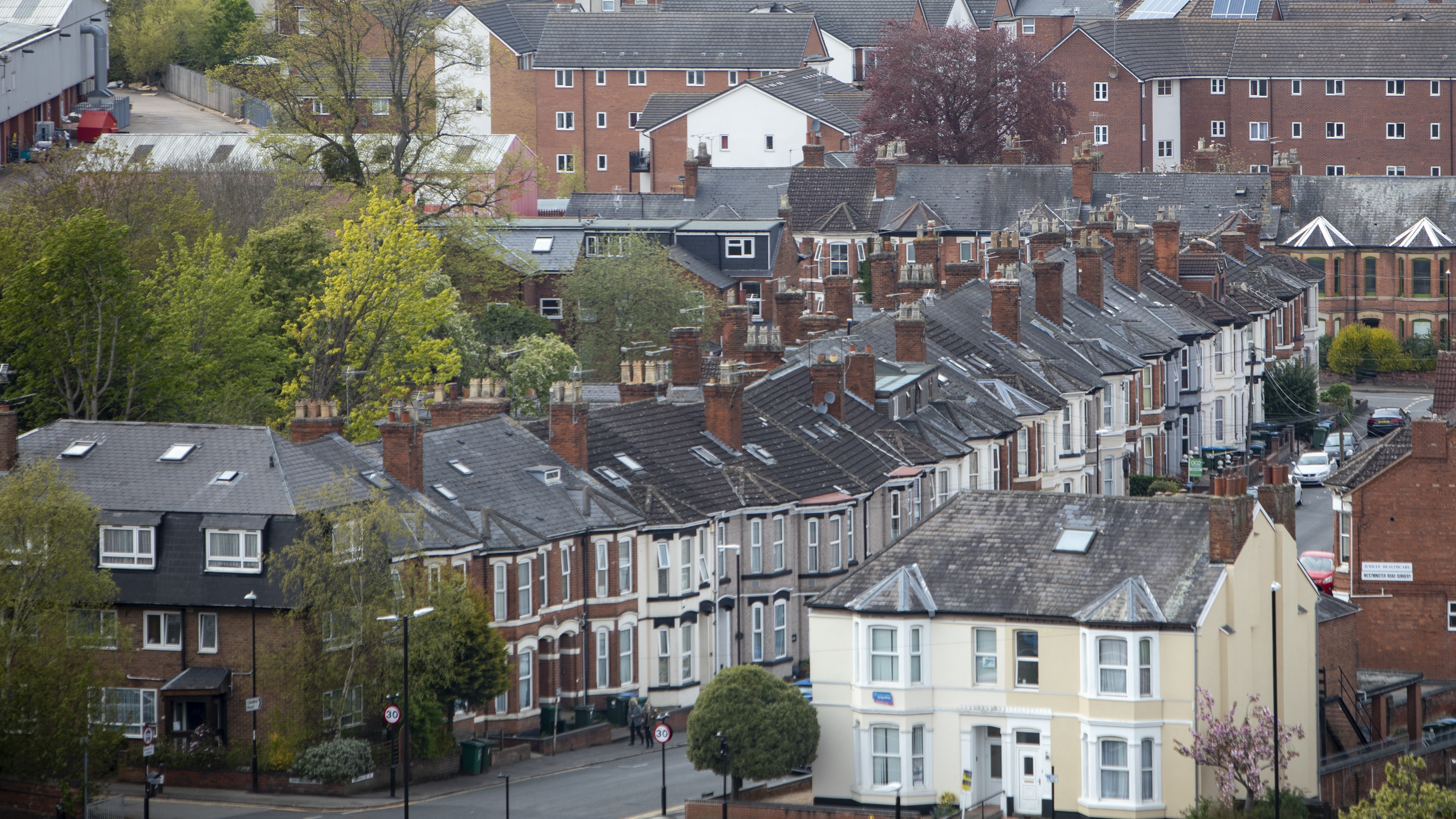 ‘The tide will turn against the Tories unless they build more homes’
‘The tide will turn against the Tories unless they build more homes’Instant Opinion Your digest of analysis and commentary from the British and international press
-
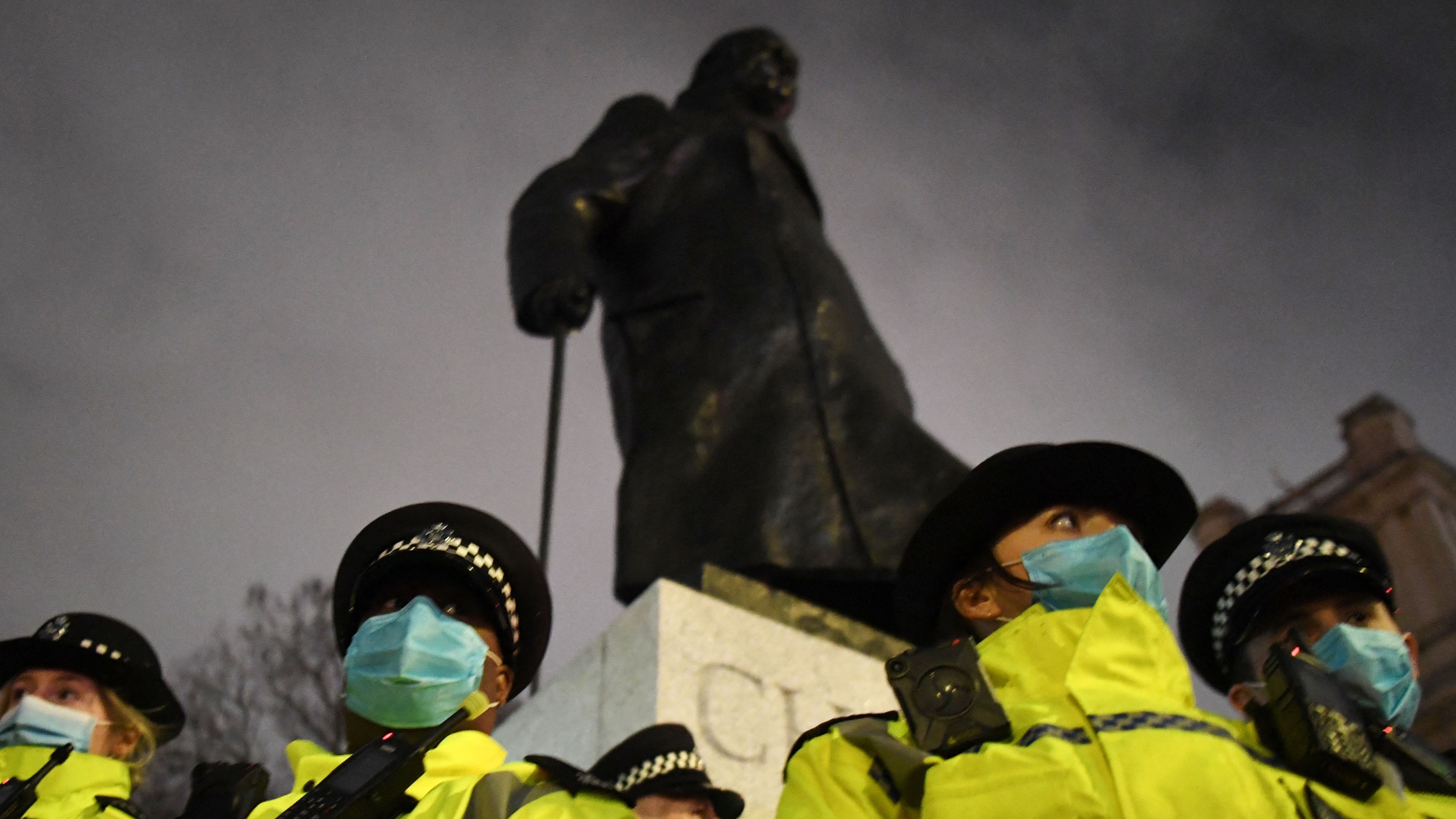 ‘A society preoccupied with national symbols is an insecure one’
‘A society preoccupied with national symbols is an insecure one’Instant Opinion Your digest of analysis and commentary from the British and international press
-
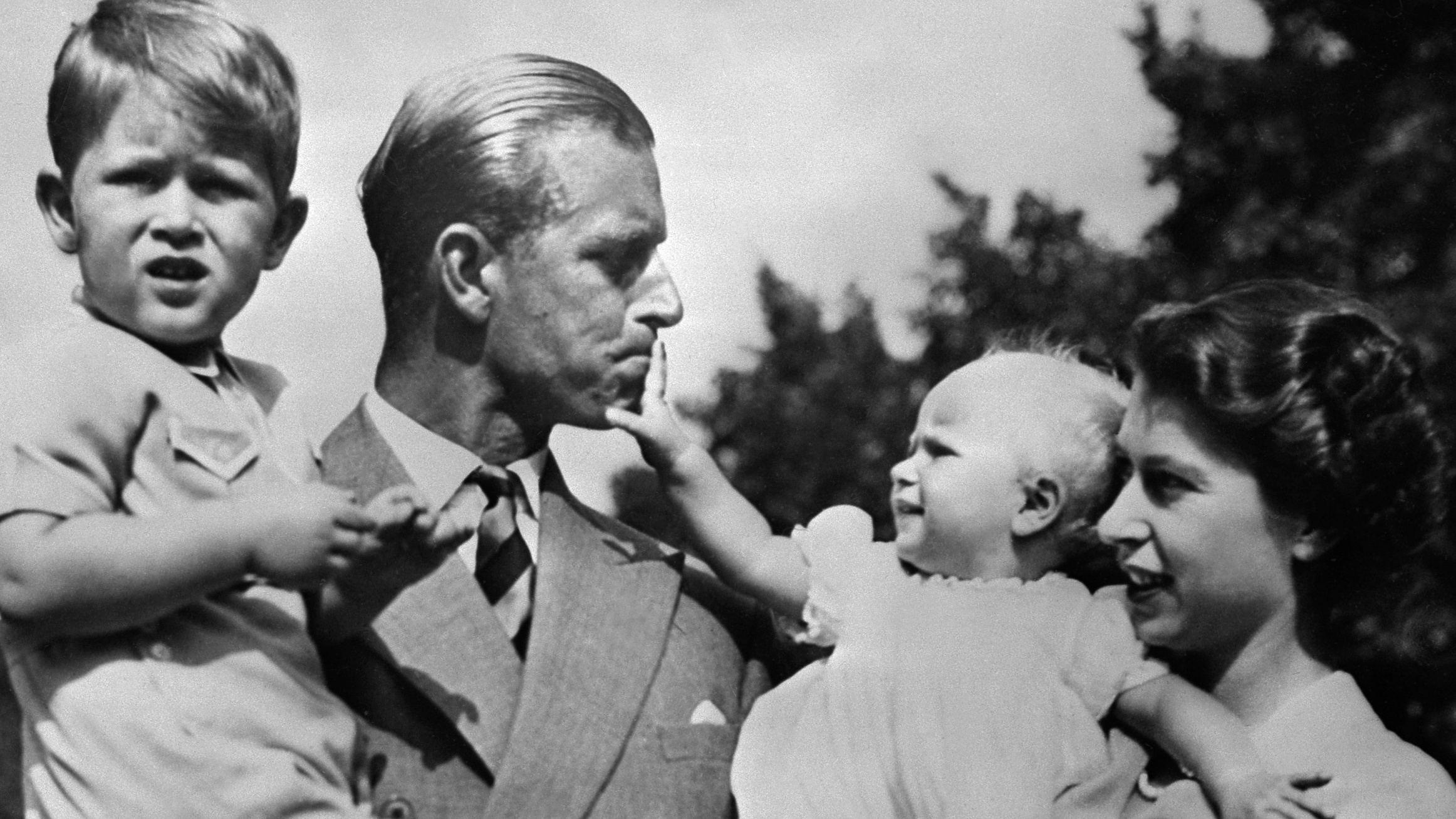 ‘The assumptions of postwar politics are crumbling’
‘The assumptions of postwar politics are crumbling’Instant Opinion Your digest of analysis and commentary from the British and international press
-
 ‘The UK government’s union problems are mounting on all fronts’
‘The UK government’s union problems are mounting on all fronts’Instant Opinion Your digest of analysis and commentary from the British and international press